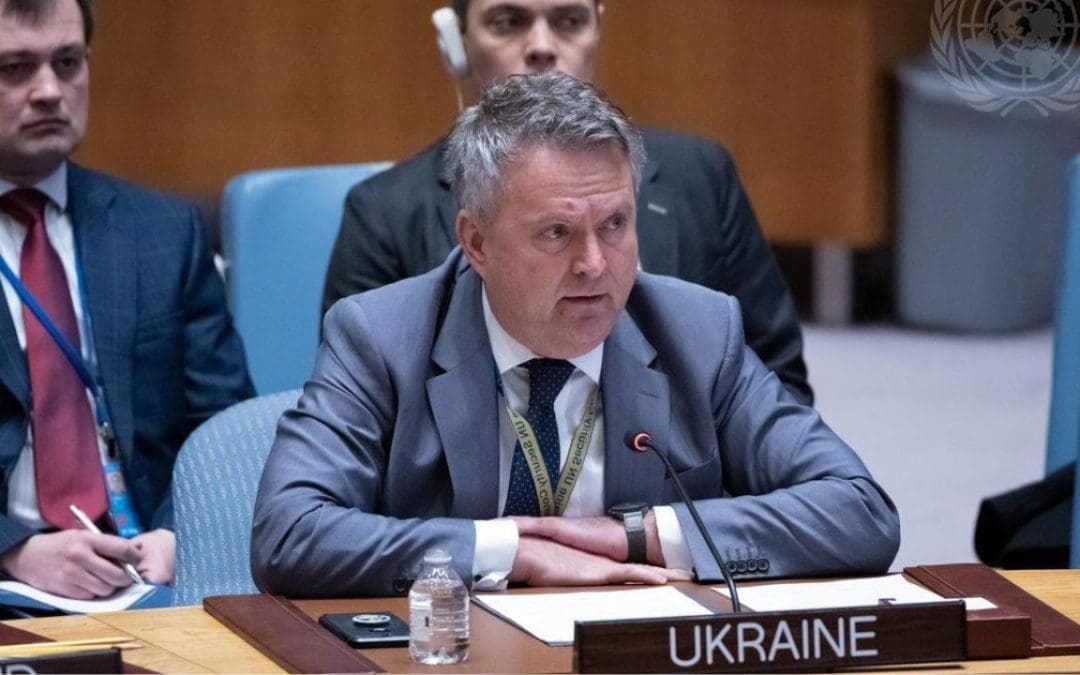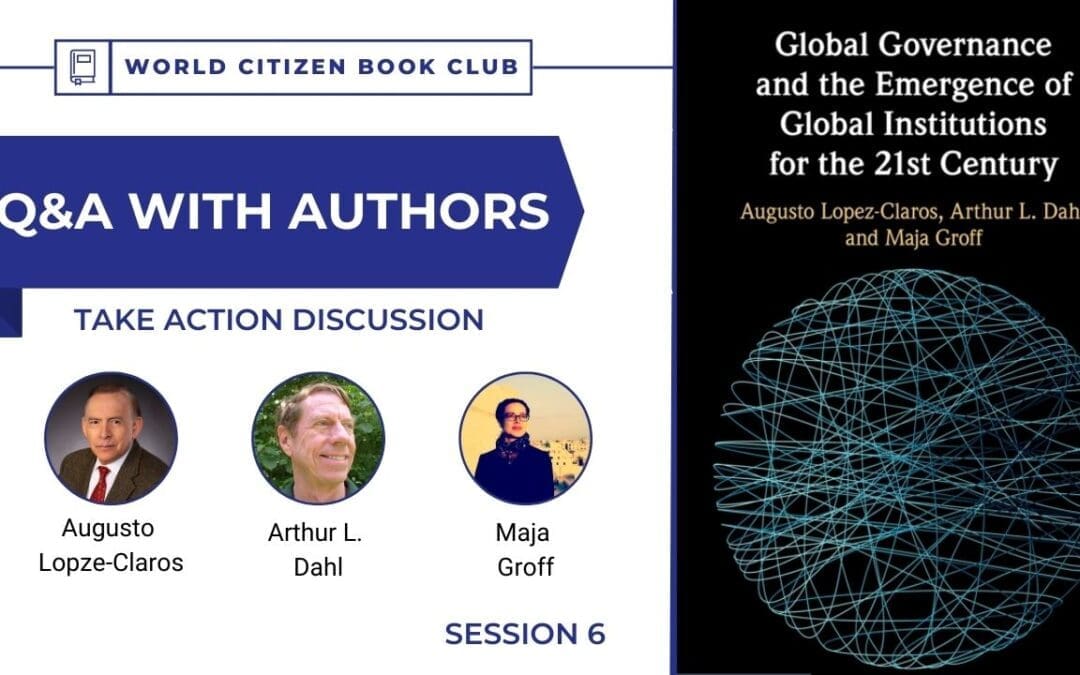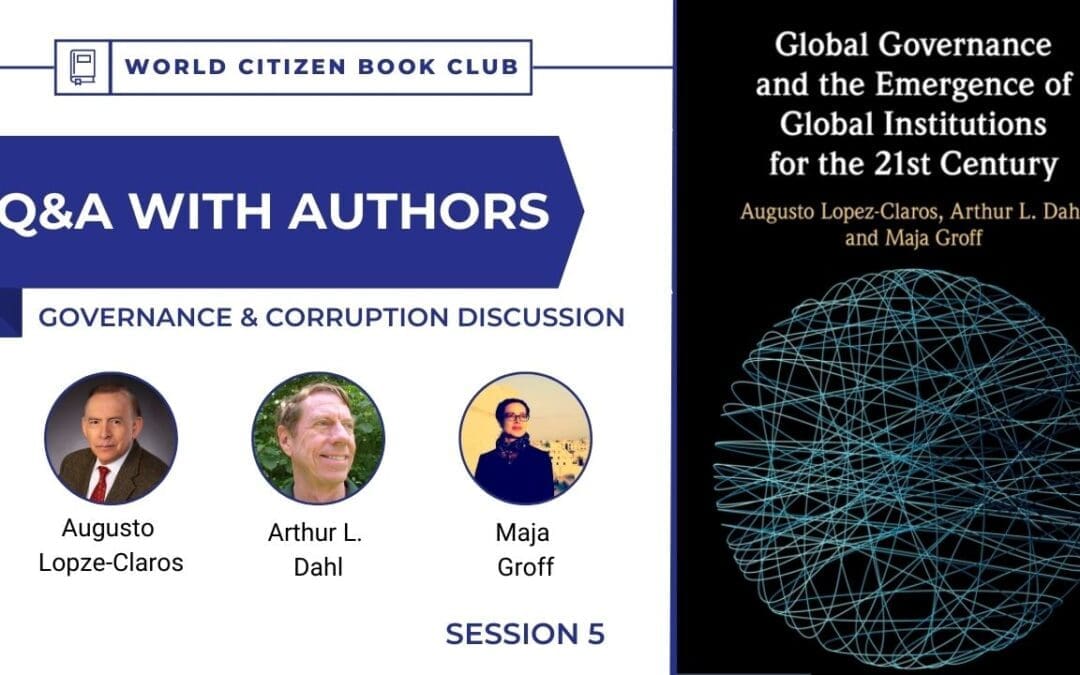
by Lawrence Wittner | Dec 14, 2023 | Peace
Although the unfolding humanitarian catastrophe in Gaza has captured the world’s horrified attention, the war in Ukraine has had even more terrible consequences. Grinding on for nearly two years, Russia’s massive military invasion of that country has taken hundreds of thousands of lives, created millions of refugees, wrecked Ukraine’s civilian infrastructure and economy, and consumed enormous financial resources from nations around the world.
And yet, despite the Ukraine War’s vast human and economic costs, there is no sign that it is abating. Russia and Ukraine are now bogged down in very bloody military stalemate, with about a fifth of Ukraine’s land occupied and annexed by Russia.
Meanwhile, polls show that an overwhelming majority of Ukrainians remain determined to continue the struggle to free all of Ukraine from Russian captivity. Indeed, an opinion survey in the fall of 2023 found that 80 percent of Ukrainians polled believed that under no circumstances should Ukraine give up any of its territory.
Similarly, in Russia, polls have found that a majority of the public appears content with the Putin regime’s military conquest of Ukraine and is opposed to any peace settlement that would relinquish Russian control of conquered Ukrainian land. Of course, the accuracy of Russian polls on the Ukraine War remains deeply suspect, for professing opposition to the war could easily lead to arrest, as it did for 20,000 Russians in 2022. Perhaps for this reason, numerous Russians polled refused to answer the question of where they stood on the war. One participant responded: “Thank you for the opportunity not to testify against myself.” In any case, in increasingly authoritarian Russia, public sentiment against war seems unlikely to alter the Putin administration’s determination to triumph on the battlefield.
Admittedly, in the United States, the major supplier of military and economic aid to beleaguered Ukraine, some developments point to declining enthusiasm for that role. The Republican Party has revived its 1930s policy (once termed “isolationism”) of appeasing military aggression by rightwing dictatorships, while leftists with an anti-American slant see a Russian victory as a useful way of somehow destroying “U.S. imperialism.” Nonetheless, unless Donald Trump and his MAGA followers sweep into power in 2024, it seems unlikely that the U.S. government or its NATO partners will entirely abandon Ukraine to a future under the jackboot of Russian military occupation.
Given these obstacles, is there a way to secure a just settlement of the Ukraine War?
There is, but it will take some creative action by the United Nations, the global organization that has been authorized to enforce international security.
Since the beginning of the Russian invasion of Ukraine on February 24, 2022, the overwhelming majority of the world’s nations have repeatedly used their participation in the UN General Assembly to condemn the Russian invasion and to call for a just peace in Ukraine. For example, on the eve of the one-year anniversary of the war, the General Assembly, by a vote of 141 nations to 7 (with 32 abstentions), demanded that Russia “immediately, completely, and unconditionally” withdraw its military forces from Ukraine and called for a “cessation in hostilities” and a “comprehensive, just and lasting peace” based on the principles enshrined in the UN Charter. The UN Charter, of course, constitutes international law and bans “the threat or use of force against the territorial integrity or political independence of any State.”
Even so, it is the UN Security Council that is tasked with enforcing international security, and Russia has used its veto in that UN entity to block UN action to end the Ukraine War.
The paralysis of the UN Security Council, however, need not continue. As Louise Blais, Canada’s ambassador to the United Nations from 2017 to 2021, has recently pointed out, Article 27 (3) of the UN Charter states that a party to a dispute before the Security Council shall abstain from voting in connection with the dispute. But, when it came to the Security Council’s votes on the Ukraine War, as Blais noted, “none of the 10 elected Security Council members had the courage, vision or backing to put forward a resolution” demanding abstention. According to Blais, the unwillingness of the four other veto-wielding members (Britain China, France, and the United States) to avoid a crippling Russian veto and, thereby, empower the Security Council to act, reflected their “zero interest in supporting such a move for fear it would limit their own power in the future.”
But there is ample precedent for limiting the veto in this fashion. The United Nations has a history of veto-wielding nations abstaining from Security Council voting when they are parties to a dispute. As Blais observes, between 1946 and 1952, Security Council members “regularly adhered to the obligatory abstention rule.” Only in later years did the five permanent Security Council members curtail the application of this practice.
In short, based on both international law and precedent, the UN Security Council has the authority to impose a settlement of the disastrous Ukraine War. What kinds of international action this would require would need to be determined by the world organization, just as the final terms of a peace agreement would ultimately need to be accepted by the contending parties. But, given the overwhelming support in the UN General Assembly for the withdrawal of Russian military forces from Ukraine and for a lasting peace agreement, such a peace settlement is likely to be a just one.
At the least, this would be a far better method of dealing with international conflict than the current full-scale war currently raging in Ukraine. And it could serve as a model for resolving other intractable disputes, such as the brutal Israel-Palestine conflict, as well.
This article was originally published in International Physicians for the Prevention of Nuclear War’s Peace and Health Blog
Image Credits: UN Photo/Evan Schneider

by Citizens for Global Solutions | Jul 8, 2023 | Past Event
Session 6 of the book, Global Governance and the Emergence of Global Institutions for the 21st Century (2020) with all three authors, Augusto Lopez-Claros, Arthur Dahl, and Maja Groff we explore a blueprint for action. At Citizens for Global Solutions (CGS), we believe that good ideas merit corresponding action. In the spirit of finding solutions, we invite you to join us for a special follow-up strategy session with the authors to discuss concrete pathways toward reform, building on the concepts raised in their work.

by Citizens for Global Solutions | Jun 12, 2023
Submit your advance questions here! Topics covered in the book include:
- United Nations Reform
- A World Parliamentary Assembly
- The creation of a UN Executive Council
- Towards systemic Disarmament: resetting Global Priorities
- Strengthening the International Rule of Law
- Human Rights for the 21st Century
- A new United Nations Funding Mechanism
- Responding the Global Environmental Crises
- Responding to Corruption & International Enforcement
- Education for Transformation
Over the last months, we have had the privilege to learn from Arthur Dahl, Augusto Lopez-Claros, and Maja Groff, as we’ve explored their path-breaking book, Global Governance & the Emergence of Global Institutions for the 21st Century. At Citizens for Global Solutions (CGS), we believe that good ideas merit corresponding action.
In the spirit of finding solutions, we invite you to join us for a special follow-up strategy session with the authors to discuss concrete pathways toward reform, building on the concepts raised in their work.
Register
Questions received by July 1 will be shared with the authors in advance for their thoughts and consideration. Live questions will be taken as time allows so we encourage you to share your responses soon!
Submit your advance questions here! Topics covered in the book include:
- United Nations Reform
- A World Parliamentary Assembly
- The creation of a UN Executive Council
- Towards systemic Disarmament: resetting Global Priorities
- Strengthening the International Rule of Law
- Human Rights for the 21st Century
- A new United Nations Funding Mechanism
- Responding the Global Environmental Crises
- Responding to Corruption & International Enforcement
- Education for Transformation

by Citizens for Global Solutions | Jun 10, 2023 | Past Event
Session 5 of the book, Global Governance and the Emergence of Global Institutions for the 21st Century (2020) with all three authors, Augusto Lopez-Claros, Arthur Dahl, and Maja Groff. This session’s final discussion will include additional insights on the topics of corruption, education, values and principles to operationalize global good governance, immediate steps forward, and conclusions.

by Citizens for Global Solutions | Jun 4, 2023
An intergenerational dialogue on how global governance solutions can tackle existential threats
Description
This Q&A panel discussion, hosted by Citizens for Global Solutions (CGS), Youth Fusion, and World Federalist Movement – Institute for Global Policy (WFM-IGP), will consider how progress on environmental protection is hampered by armed conflict, nuclear threats, and the massive diversion of resources into weapons and war. In this webinar, we will explore the potential of common security and global governance to foster cooperation to more effectively address climate, peace, and disarmament issues. This intergenerational dialogue will bring together youthful energy and innovation with seasoned expertise and experience, actively engaging our audience to build stronger pathways to a peaceful and sustainable future.
Session I
Region: Americas/Europe/Africa/Middle East
Date: July 13, 2023 | Time: 12:00 PM -1:30 PM EST | 1600 – 1730 UTC | 1700 London | 1800 CET | 1900 Kenya
Register for Session 1 (Zoom)
Session 1 Speakers
- William (Bill) R. Pace (USA). Founder and Inaugural Convenor, Coalition for an International Criminal Court. Former Executive Director, World Federalist Movement-Institute for Global Policy (WFM-IGP). Co-founder, International Coalition for the Responsibility to Protect.
- Kehkashan Basu MSM (UAE/Canada). Founder-President, Green Hope Foundation. United Nations Human Rights Champion. Winner, 2016 International Children’s Peace Prize. Council Member, World Future Council. Former UNEP Global Coordinator for Children & Youth;
- Professor Juergen Scheffran (Germany) Professor of Integrative Geography. Chair of the Research Group Climate Change and Security, Center for Earth System Research and Sustainability, University of Hamburg. Principal author, The Climate-Nuclear Nexus.
- Maja Groff (Netherlands) Convenor, Climate Governance Commission. Visiting Professor/Scholar at Faculty of Governance and Global Affairs, Leiden University. Lecturer, Hague Academy of International Law.
- Additional speakers to be confirmed
Co-Sponsors
3+3 Coalition for a North-East Asia Nuclear-Weapon-Free Zone, Basel Peace Office, Citizens for Global Solutions, Climate Governance Commission, Democracia Global, Global Minnesota, Green Hope Foundation, I Am Climate Justice, Parliamentarians for Nuclear Nonproliferation and Disarmament, World Federalist Movement Institute for Global Policy, World Future Council, World Service Authority, World’s Youth for Climate Justice, Young World Federalists and Youth Fusion.
Promotional Sponsors
Peace Action and Upper Hudson Peace Action.
About the Organizers
Citizens for Global Solutions (CGS) is a non-governmental, non-profit, non-partisan membership-based organization that for more than 75 years has brought together a diverse collective of individuals and organizations with a common goal of a unified world predicated upon peace, human rights, and the rule of law. From championing ratification of the UN Charter upon our establishment in 1947 to supporting creation of the International Criminal Court (ICC) 25 years ago to advocating for global instruments to confront today’s enduring challenges of war and climate degradation, CGS recognizes that true progress is a generational enterprise. We invite like-minded individuals and organizations to join us in this mission.
Youth Fusion
Youth Fusion is a world-wide networking platform for young individuals and organizations in the field of nuclear disarmament, risk-reduction and non-proliferation. We focus on youth action and intergenerational dialogue, building on the links between disarmament, peace, climate action, sustainable development and building back better from the pandemic. Our goals are clear: to inform, educate, connect and engage our fellow students, activists and enthusiasts. Through these activities, and as part of Abolition 2000 Network, we are contributing to the total abolition of nuclear weapons.
World Federalist Movement – Institute for Global Policy (WFM-IGP)
The World Federalist Movement/Institute for Global Policy (WFM/IGP), established in 1947, is a non-profit organization registered in the USA and the Netherlands. Guided by its vision of a just, free, and peaceful world, WFM/IGP works to promote the rule of law and global governance of transnational issues including those related to peace, human rights, and the environment.
Our vision is a just, free, and peaceful world, where humanity and nature flourish in harmony, while our mission is to create more effective, transparent, and accountable global governance leading to democratic world federation.






























